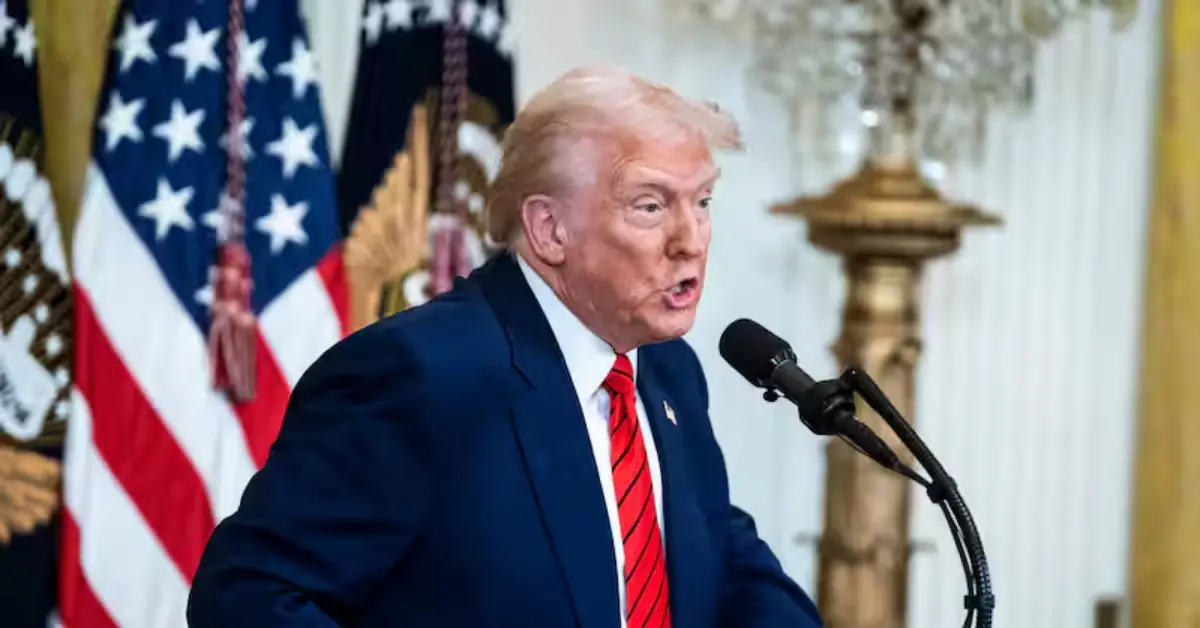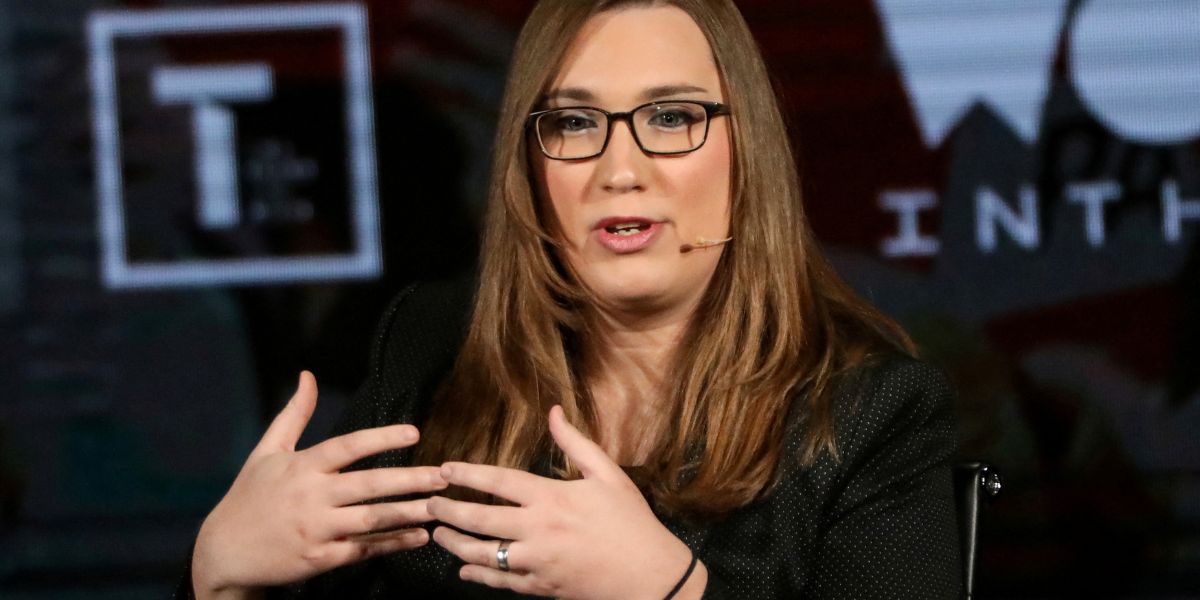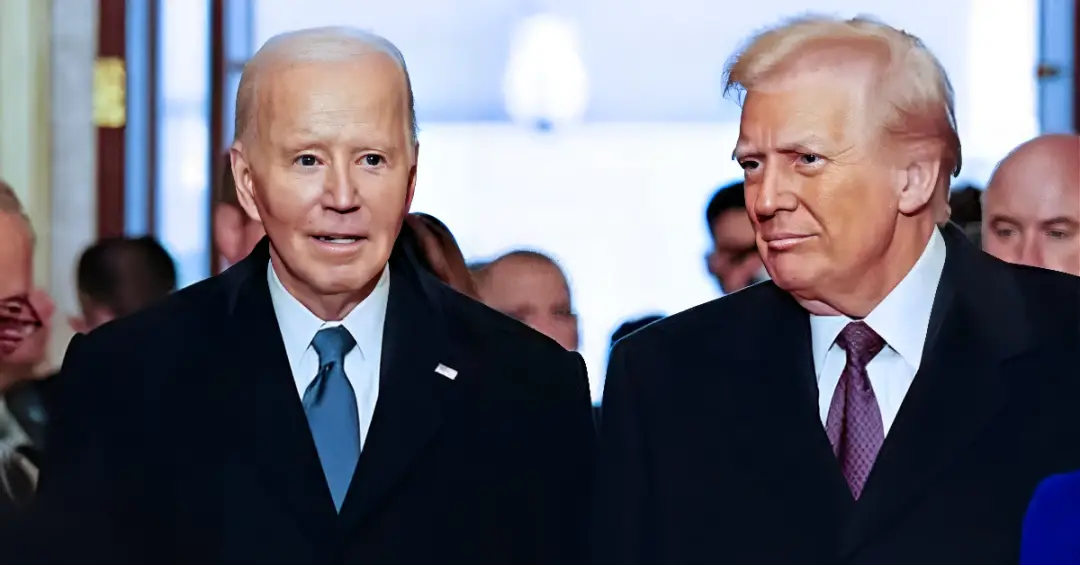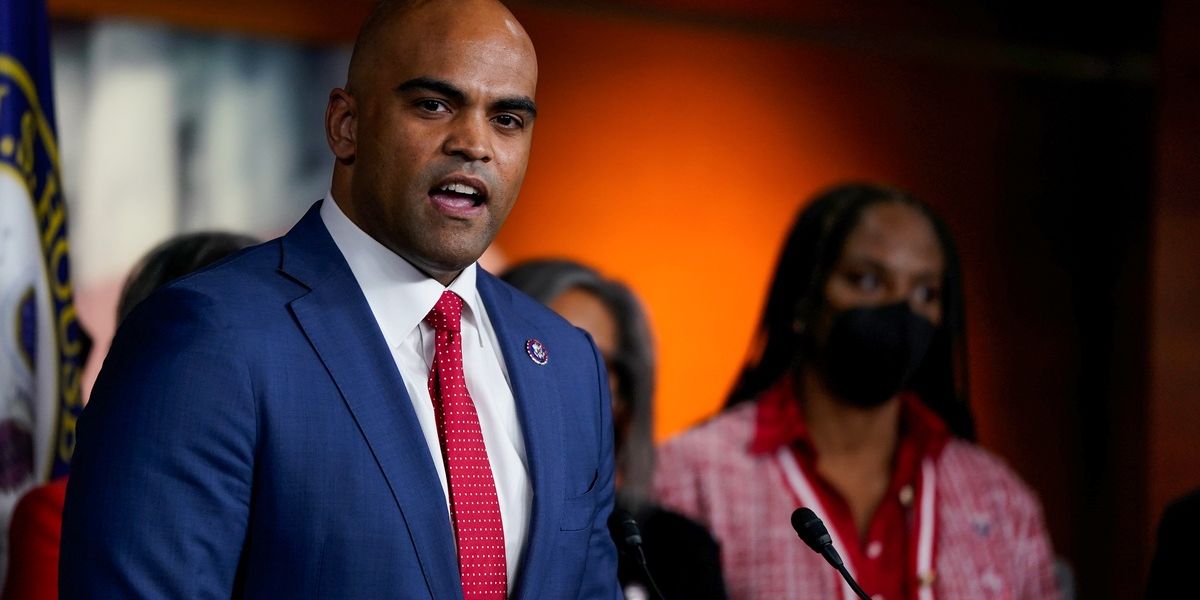Donald Trump to serve a third term as President of the United States? This question is now making headlines after a surprising editorial from the New York Times Editorial Board suggested that there might be a loophole—although it’s a long shot.
The buzz started when Trump, never one to shy away from bold statements, hinted at the idea of a third term multiple times. After his 2020 re-election, he playfully said, “I won’t be running again unless you say, ‘He’s so good, we’ve got to figure something else out.’”
Most people dismissed it as Trump’s usual style of joking, but things took a more serious tone when, in March, he stated, “There are methods which you could do it.” This remark caught the attention of legal experts and political commentators alike.
So, is there really a way for Trump—or any president—to bypass the two-term rule?
Why Is There a Two-Term Limit?
To answer that, let’s go back in history. The US didn’t always have a strict two-term limit. In fact, President Franklin D. Roosevelt was elected for an unprecedented four terms. After Roosevelt’s long tenure, many leaders felt that no single person should hold that much power for so long.
That’s where Congressman John Jennings Jr. (R-Tennessee) comes in. Back in 1947, Jennings strongly advocated for a limit, warning that a president, if backed by a loyal Congress and a cooperative Supreme Court, could potentially override the Constitution’s safeguards. His words were taken seriously, and in 1951, the 22nd Amendment was ratified. This amendment states that no person shall be elected to the office of the president more than twice.
The Loophole That’s Raising Eyebrows
Here’s where things get interesting. The New York Times editorial points out that while the 22nd Amendment prohibits a president from being “elected” more than twice, it doesn’t specifically stop someone from serving more than two terms.
This subtle difference has sparked new debates. Imagine a scenario where a former two-term president runs as vice president. If their running mate (the president) were to step down or resign, that former president could step back into the Oval Office without being “elected” again—essentially bypassing the spirit of the amendment.
This is the loophole that’s getting so much attention.
Could Trump Actually Do It?
On paper, it might sound possible, but there’s a roadblock: the 12th Amendment. This amendment says that no person who is constitutionally ineligible to be president can serve as vice president. That means if you’re barred from being president again (because you’ve already served two terms), you’re also barred from being vice president.
The New York Times editorial made this clear, stating that the combination of the 22nd and 12th Amendments ensures that someone like Trump cannot legally serve a third term.
In their words: “Together, the two amendments make clear that Mr. Trump’s time in office cannot extend beyond his current term.”
Why Does This Matter?
Even though the legal framework seems to block any such plan, Trump’s flotation of the idea—and its discussion in major publications like the New York Times—raises concerns. It shows that even long-standing rules of democracy can be tested by powerful political figures.
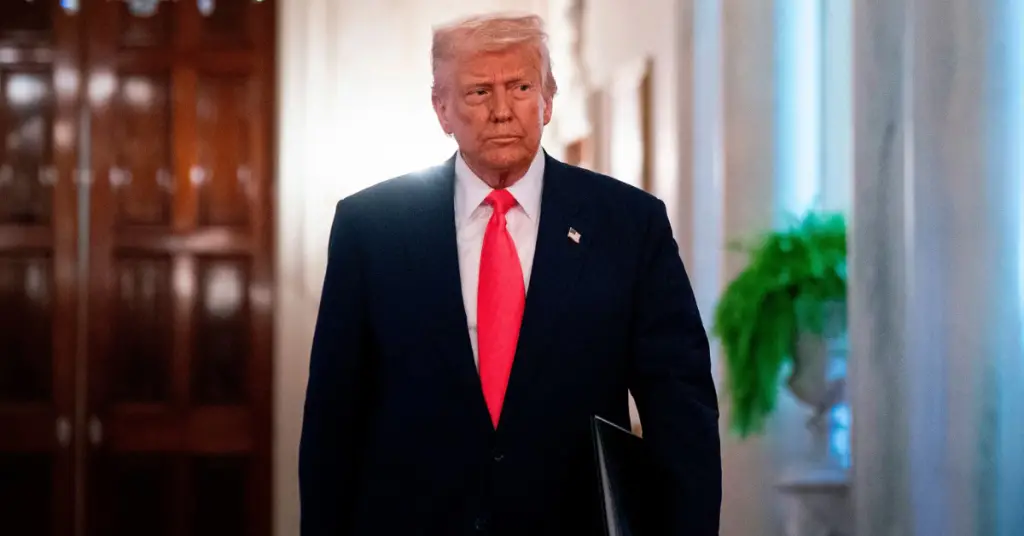
The Times editorial board expressed strong concern about Trump’s third-term comments, writing that his “fantasizing is more dangerous than this response suggests, and it deserves more forceful pushback.” Their worry is that by keeping this idea alive, Trump may sow seeds of doubt about democratic processes and push his supporters to question the rules.
It’s not just about Trump, either. This kind of talk can encourage future leaders to find creative ways to stay in power longer than the system allows, which could have serious consequences for democracy.
Has Anything Like This Happened Before?
The United States hasn’t seen a serious attempt to break the two-term limit since the 22nd Amendment was passed. However, there have been moments in history when presidents have pushed the boundaries of power. Franklin D. Roosevelt’s four terms were legal at the time, but they were seen as pushing the limit of what was healthy for the country’s democratic system.
Since then, the two-term limit has been a cornerstone of American democracy, ensuring a regular and peaceful transfer of power.
What’s Trump’s Endgame?
It’s hard to say. Trump is known for making bold statements that stir up media attention and rally his supporters. His hints about a third term could be part of a larger political strategy to keep his base energized and keep himself in the headlines. Or, as some critics fear, he may be laying the groundwork for a real challenge to constitutional norms.
For now, Trump’s best shot at reclaiming the White House for a second term remains running in 2024 (since he lost in 2020). But his comments show that he’s still thinking big and keeping everyone guessing.
Final Thoughts
In the end, while the loophole theory has captured public imagination, the combination of constitutional amendments seems to block any serious attempt at a third term firmly. Still, the fact that this debate is happening at all speaks volumes about the fragility of democratic institutions and the importance of staying vigilant.
As the New York Times put it, Trump’s words deserve a serious response—not just legal analysis, but also a strong defense of the principles that keep democracy strong.
Whether Trump was joking, testing the waters, or genuinely exploring legal avenues, one thing is clear: this story is far from over.
Disclaimer: This article has been meticulously fact-checked by our team to ensure accuracy and uphold transparency. We strive to deliver trustworthy and dependable content to our readers.

